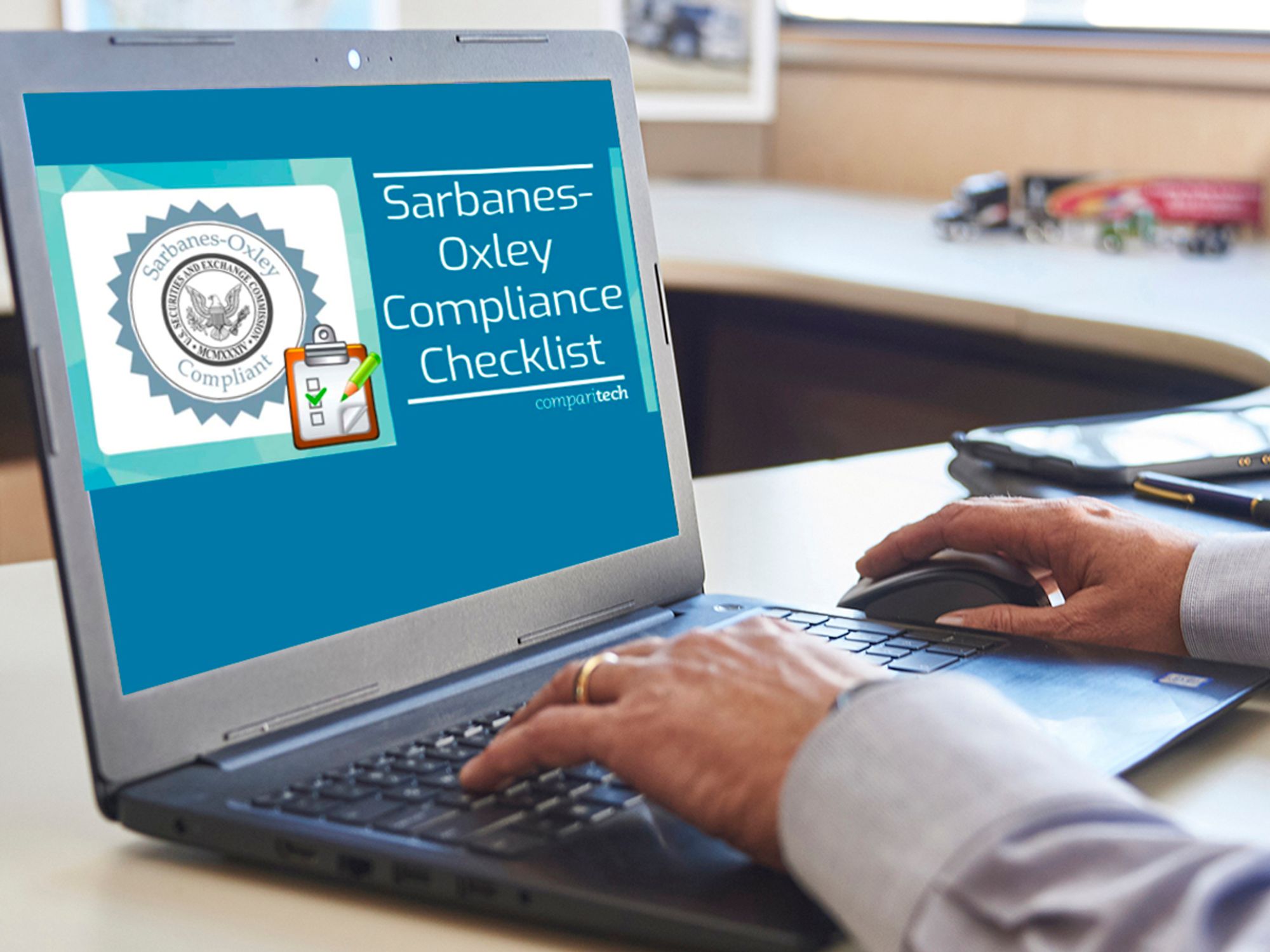Sarbanes-Oxley Act of 2002

- Affecting the behavior of publicly traded entities, the Sarbanes-Oxley Act implements several safeguards to prevent potential improprieties.
- This legislation places responsibility on HR professionals to clearly inform executives and employees about their obligations under the act.
The Sarbanes-Oxley Act of 2002 applies to companies that are publicly traded and to private subsidiaries of publicly traded companies. Passed in response to financial scandals, the act contains a number of provisions, including the following:
- Whistleblower provision. This protects employees who report conduct that violates the laws of the Securities and Exchange Commission (SEC) involving fraud against shareholders. It is illegal to discriminate or retaliate against an employee in response to that individual’s reporting of illegal financial activity. The Occupational Safety and Health Administration (OSHA) is the agency designated for receiving Sarbanes-Oxley complaints.
- Corporate responsibility for financial reports. Both the chief executive officer (CEO) and chief financial officer (CFO) must certify the accuracy of financial statements filed with the SEC. The act also prohibits them from attempting to influence or mislead auditors and requires that a code of ethics be adopted for senior financial officers.
- Blackout periods. The act mandates that no officer, director, or other insider may buy or sell company stock during pension fund blackout periods. It also requires 30 days’ notification to employees in advance of blackout periods. This applies to 401(k) plans as well as other retirement plans.
- Incorporates the Corporate and Criminal Fraud Accountability Act of 2002, which makes it a felony to knowingly destroy or create documents to impede, obstruct, or influence a federal investigation. This act includes white collar crime penalty enhancements, including hefty fines and imprisonment up to 20 years for tampering with records.
- Establishes the Public Company Accounting Oversight Board (PCAOB) to create standards for auditors and conduct inspections of accounting firms. It also requires public companies to have audit committees to develop procedures for receiving and investigating complaints regarding internal controls, accounting, and auditing, and to oversee the work of the company’s auditors.
- Prohibits company loans to directors or officers and provides for repayment of some earnings by CEOs and CFOs if earnings must be restated due to misconduct.
- Requires the establishment of internal controls for financial reporting, management’s assessment of those controls, and an auditors’ report.
- Increases the penalties for violating the Employee Retirement Income Security Act of 1974 (ERISA) reporting and disclosure requirements to a fine of up to $100,000 and imprisonment up to 10 years.
For human resources (HR), the Sarbanes-Oxley Act suggests the need to educate directors, officers, employees, and auditors about obligations of that act. Procedures should be established for handling internal Sarbanes-Oxley complaints and for document retention. Compensation practices for executives should be reviewed. In particular, stock options as a form of executive compensation are being viewed with a more critical eye because of the temptation of insiders to artificially inflate the stock price.
Employers may want to include ethics training and establish a corporate code of conduct that requires employees to report questionable accounting practices. Companies should be sure employees are protected from retaliation for reporting wrongdoing.
